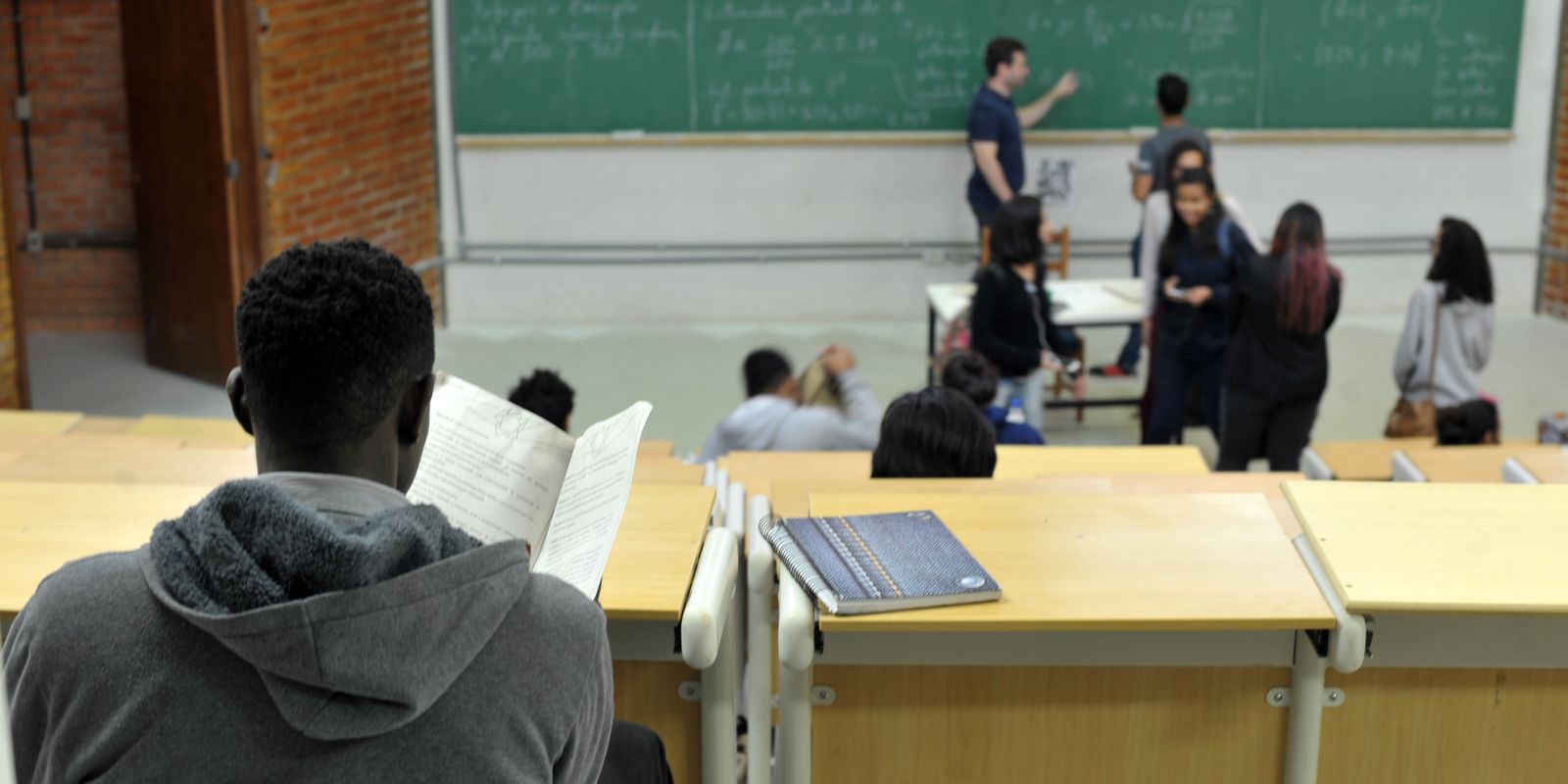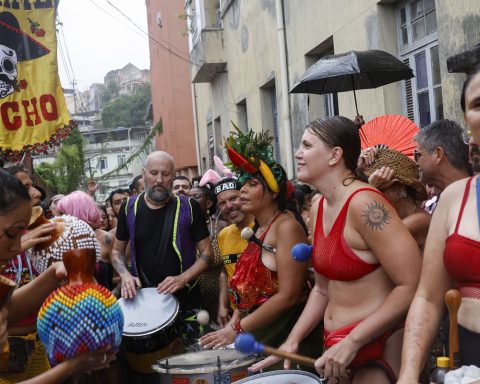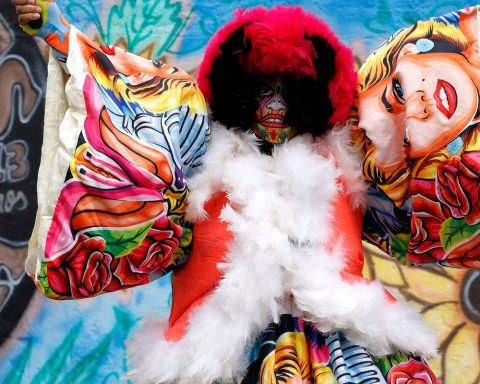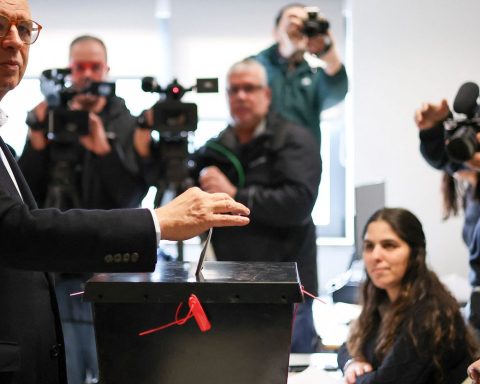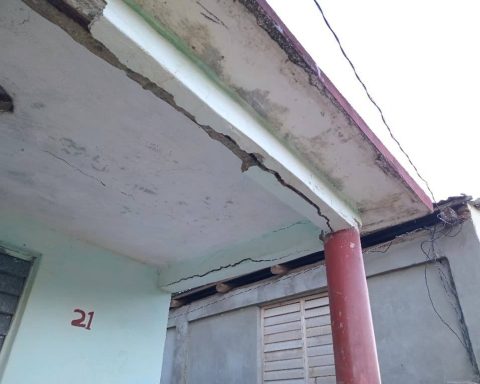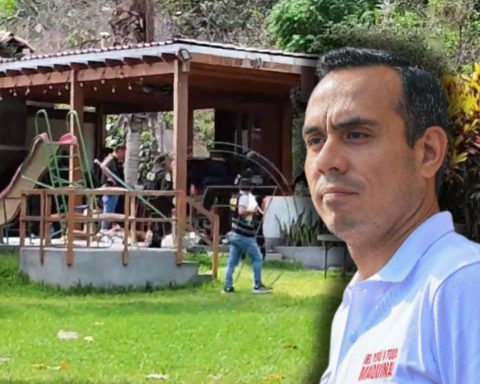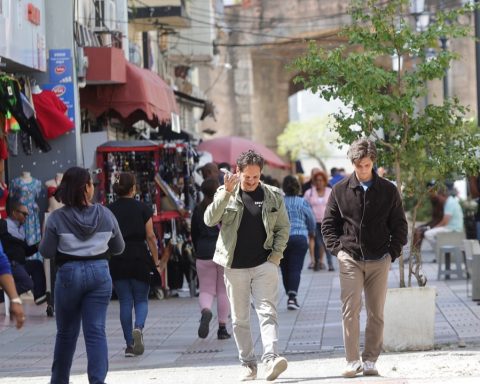“Very very. It is very difficult for us to get a job. For what reason, I cannot understand, but it is difficult, it is. Especially now in the pandemic season, it’s even harder. There are few vacancies, and vacancies are very competitive. They want us to have 30 years of experience, but we are only 25 years old. Or you have to have a lot of experience, you have to study. When we don’t have either of them, it’s very difficult”, vents a 25-year-old black woman from Belo Horizonte.
The unidentified statement is part of the study Young Blacks and the Labor Market, an unprecedented survey commissioned by the World Bank to the Afro Research Center of the Brazilian Center for Analysis and Planning (Cebrap) and the Peregum Black Reference Institute.
The young woman is not alone – the study shows that, although the black population is the majority in Brazil, 56%, according to the Brazilian Institute of Geography and Statistics (IBGE), this portion is the one with the lowest rates of access to education , health and the labor market. It is also black people who suffer most from the high rates of violence and incarceration in the country.
The study uses data from IBGE surveys, as well as interviews with young people in Belém, Recife, Brasília, Belo Horizonte and Porto Alegre. Data show that hiring and even wages vary according to race, gender and whether or not the person is a person with a disability. Proof of this is that, in Brazil, on the one hand, almost half of employers are white men (45%) and more than half of white women have formal employment. On the other hand, 60% of informal workers are black.
According to the survey, the effort to enter the labor market “is often surrounded by constraints that end up [se] constitute [em] entry barriers”, says the text. Among the 70 interviewees, 28 mentioned perceived barriers in the hiring process. First, 28 people highlighted the relevance of appearance, such as skin color or “… [recursos humanos]?? Seventeen of the interviewees drew attention to their lack of experience, 11 to insufficient training, six highlighted their territory of origin or residence and six, their gender identity.
Even in the formal labor market, treatment between whites and blacks is not equal. Among people with the same education and the same status occupational, black men, white women and black women do not have the same income as white men with similar education and occupation. National data show that professional white men and landowners receive, on average, R$8,458, while black women, professionals and landowners receive 54% less, or R$3,966.
The covid-19 pandemic highlighted inequalities. Data demonstrate how, throughout 2020, the unemployment rate increased in the country, growing, among whites, from 9.2% to 11.6%. Among blacks, however, the rate rose from 11.4% to 16.6%.
The survey also addresses the inequality between people with and without disabilities and shows that, even when they manage to find a job, the average income of people with disabilities is lower than that of the population without disabilities and racial and gender inequalities follow a pattern similar. White women with disabilities earn 69% of what white men with disabilities earn. Black men with disabilities receive 53% and black women, 40% of white men.
“Thus, it is not surprising that young people of African descent are often skeptical in general about continuing to study, looking for a job, and staying there. Even when young black people manage to overcome educational disadvantages, their insertions in the labor market remain precarious and not consistent with their education”, says the study.
Recommendations
Faced with such a scenario, the study makes a series of recommendations to change the current situation in the country, among which stands out the implementation of campaigns or policies to promote technological inclusion. Both access to computers and the provision of free quality internet, or at affordable prices, could impact schooling and the job market in the coming years.
In the private sector, the recommendation is to have Trainee specific to blacks. Greater territorial permeability and larger-scale initiatives are also needed to actually reach the majority of the population. Wage subsidy programs can be good alternatives.
The study draws attention to the need to reduce economic obstacles to school completion, which will help children and young people, especially black and disabled people from disadvantaged backgrounds, to prosper academically. It is also necessary to invest in priority vacancies in day care centers, since subsidies for childcare are essential to allow young mothers from low-income families to continue studying and relieve older siblings of the obligation to care for minors, which is also configured as a cause of early school leaving of girls.
The researchers also recommend wage subsidies aimed at creating incentives for the inclusion of young black people and those in vulnerable situations in the labor market, either through a wage subsidy policy or tax exemption for companies.
Another action is to offer transport subsidies as job search assistance. Recent analyzes show that low-income people tend to live much further away from work, requiring a lot of commuting time, even in large metropolitan areas such as São Paulo. Transport subsidies for young job seekers can alleviate this barrier to accessing labor markets.
The full study can be accessed at Internet??
